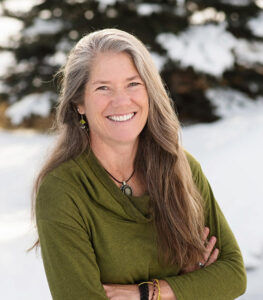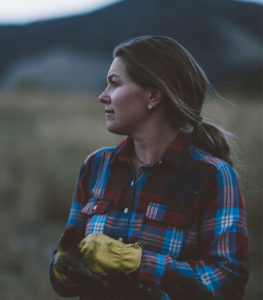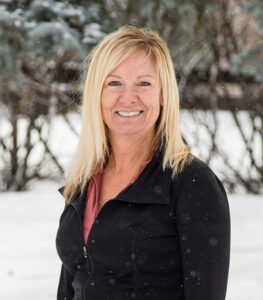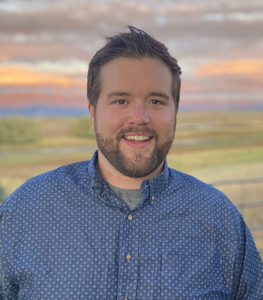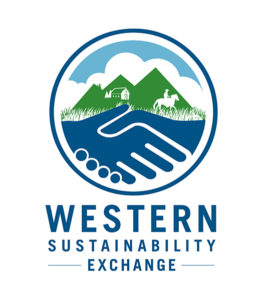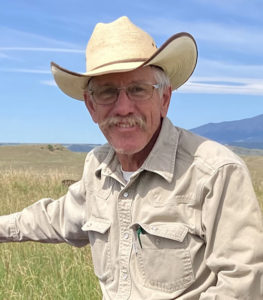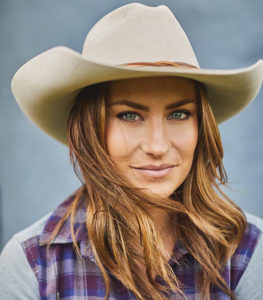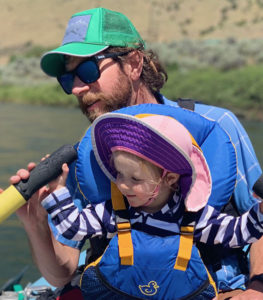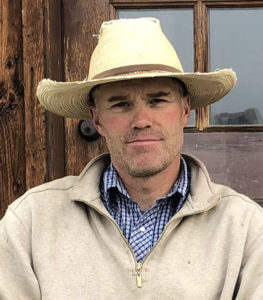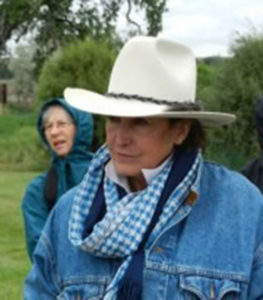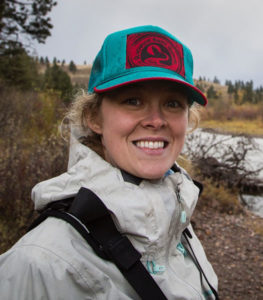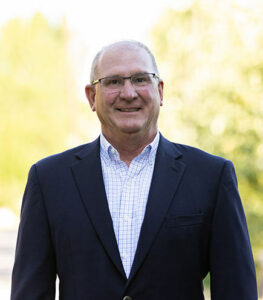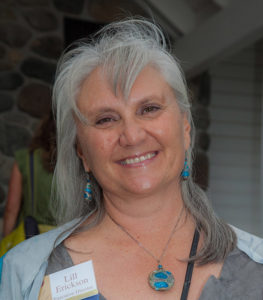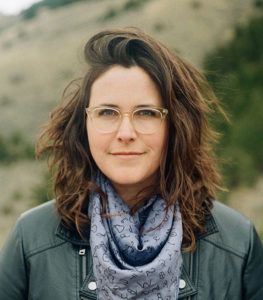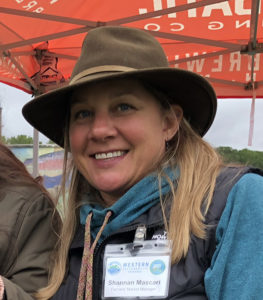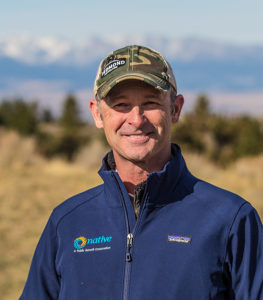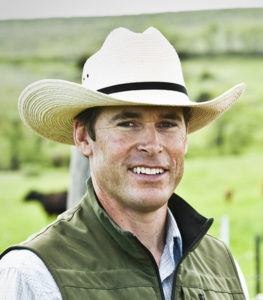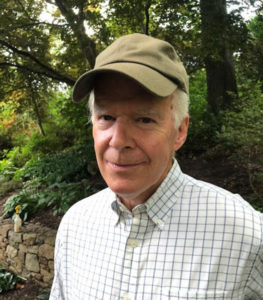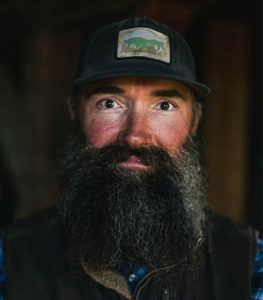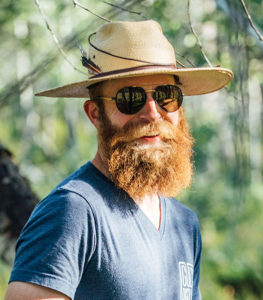J Bar L Ranch Highlights the Necessity of Animal Diversity
What does it mean to be “regenerative”? This question is getting a lot of buzz these days. As we know, there is no real definitive answer–it’s a continually evolving experiment that can only be answered individually, within one’s context, which is why it is so important to actively listen and learn from others making a similar journey.
One way to do this is by attending ranch tours. Andrew Anderson and Hilary Zaranek-Anderson of J Bar L Ranch did just that earlier this month on their Crazy D Ranch just north of Big Timber. The two hosted a thoughtful and thorough tour during which they explained what it means for them to be regenerative. “We kind of had this epiphany not long ago that a lot of what we did on the ranch, if not, pretty much everything revolved around livestock production. And what we started realizing was that goal was really contradictory to a nature first approach,” Hilary explained. “Production agriculture takes shortcuts and manipulates natural systems for the sake of producing one species in excess.
“‘We had to flip our paradigm to–‘how are we going to adjust ourselves to serve the land?’, as opposed to ‘how is the land going to serve us?’”
 .
. 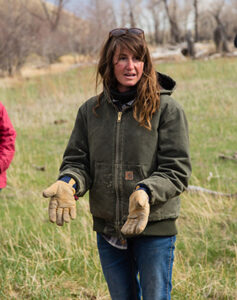
Their regenerative journey focuses on biodiversity, soil health, and water–and throughout the tour, these three areas were front and center.
Biodiversity
As we walked into a pasture on the north side of the property we soon learned that what looked like a camping tent set up in the middle of a pasture was in fact an insect trap. Bugs are an amazing way to better understand biodiversity–just ask Hilary, whom you could tell was very passionate on the subject. “Bugs are one incredible way to look at, measure, monitor, and understand biodiversity,” Hilary said.
“Above ground and below ground, bugs are the beginning.”
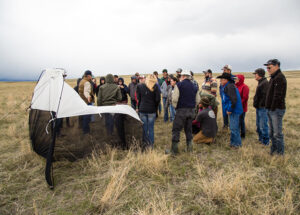 .
. 
Partnering with the University of Guelph, in Canada, J Bar L Ranch is creating a library of bugs. Their goal is to collect 9,627 insect species. After the bugs are cataloged, they will set up traps and monitor the insect activity before, during, and after the cattle graze, which will tell them if they are increasing or decreasing bug species throughout the grazing season.
The other area they have been carefully studying is Dung Beetle activity. Both Andrew and Hilary are aware that they have an imbalance on the ranch in regards to old manure being broken down. Because the Crazy D is used strictly for winter grazing, the beetles do not have the opportunity to decompose fresh manure. “There are certain Dung Beetle species that are responsible for different things,” Andrew explained. “And one of the species we are possibly lacking here are the ones that take this dry stuff that’s laid down in the middle of the winter, and by the time it hits the growing season, and the microbial life is really flourishing, something needs to take this and break it down.”
J Bar L no longer use pour-on and other cattle pesticides to encourage the beetle population, and because they removed that element out of the equation, they can now begin to focus on why there is still a disruption in the process.
Water
For decades, beavers have been persecuted as villains in waterways throughout the West. Over the past generations, however, mankind has forgotten the need for all creatures in all ecosystems. With the drought looming over the state for the last several years, and the discussion of the importance of water, beavers should be making a comeback. It was apparent, on the Crazy D, that after just three years of letting the beavers inhabit the ranch, they had more water than ever before–even during one of the driest years on record. “Beavers on this ranch were trapped and hunted for decades. When we came here three years ago, there was not a single piece of wood in the creek; not a single sign of beaver except for some old chewing,” Hilary reflected. “The amount of water now that we’re capturing and holding is so exciting.” Currently, the creek that runs through the ranch has at least ten dams and numerous others on smaller channels. As we glanced out across the creek bed, you could see the new groves of cottonwoods and willows popping up from the marshy meadows caused by the beaver dams.
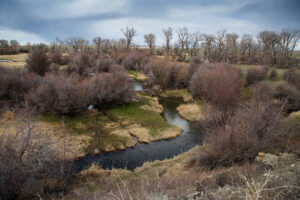

Soil Health
Andrew and Hilary understand the importance of improving their soil health and that by doing so, the rest will follow–increased biodiversity and better water. They continue to set up smaller grazing paddocks in pastures and bale graze in troubled spots.
Hilary perfectly summarized what it means to them to be regenerative–
“Instead of being the last generation that’s going to make it work,
how can we be the first to adopt a new paradigm
and actually see as far forward into the future
as we like to think we’ve seen looking back.”
For upcoming tours please visit our events page or subscribe to our newsletter.






